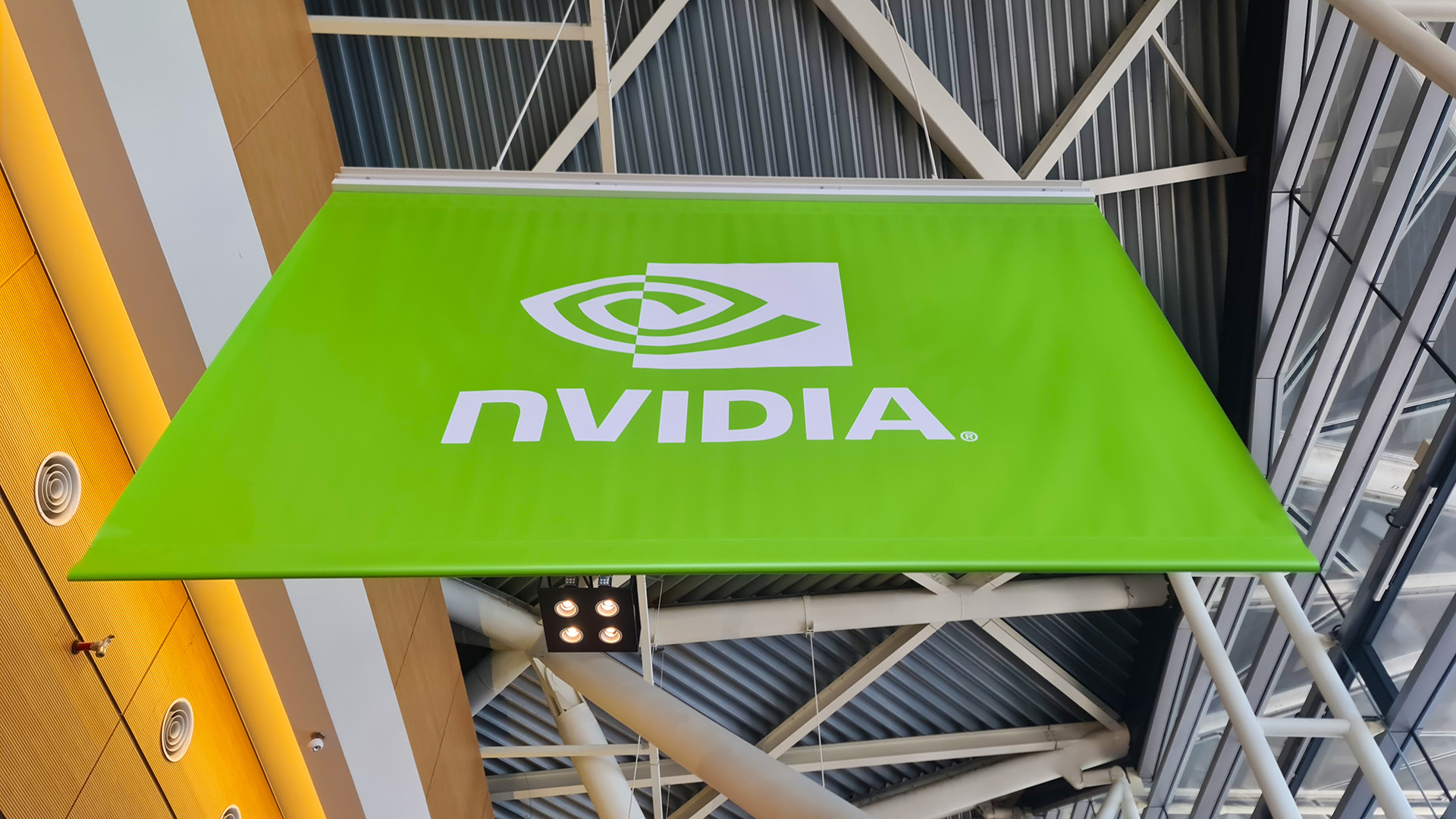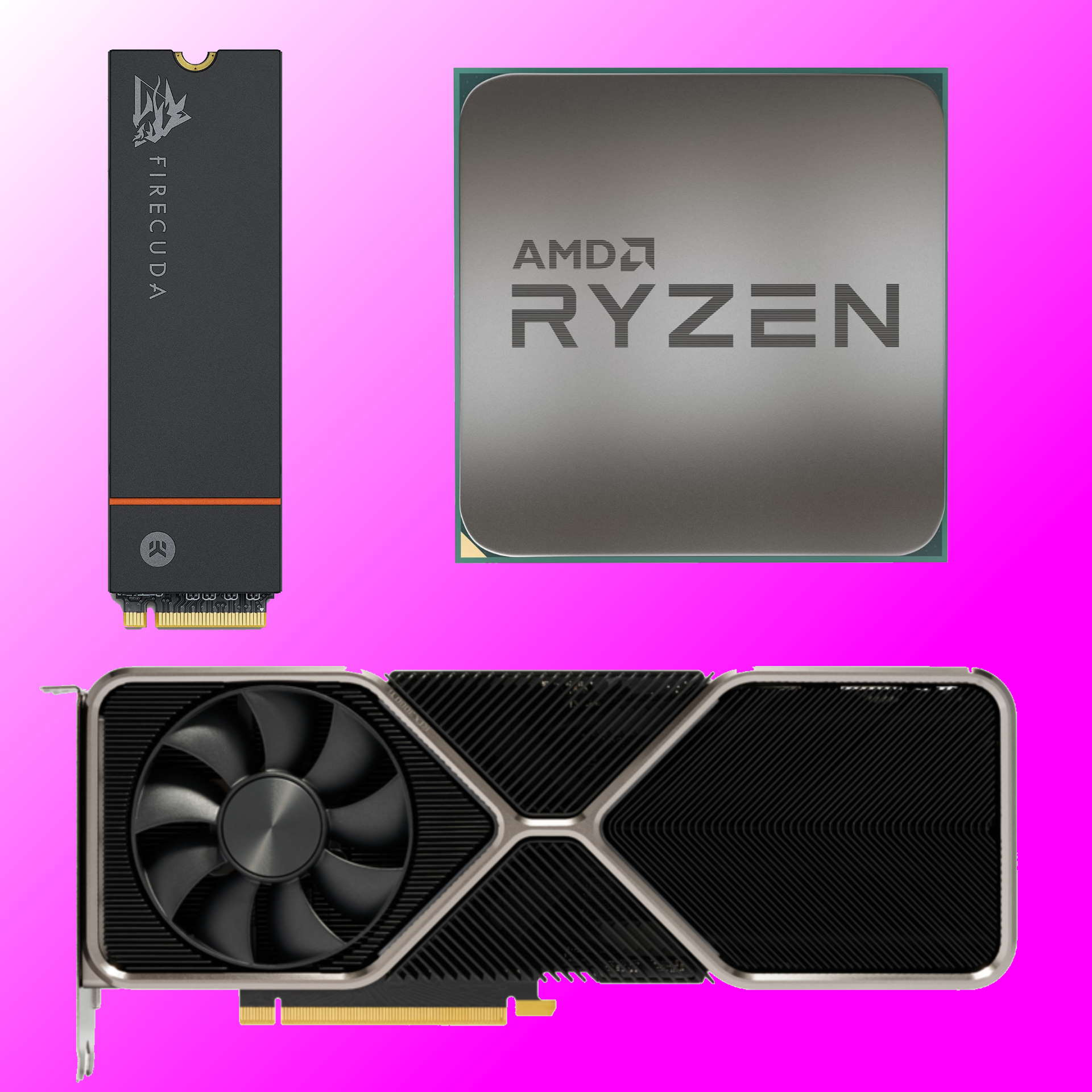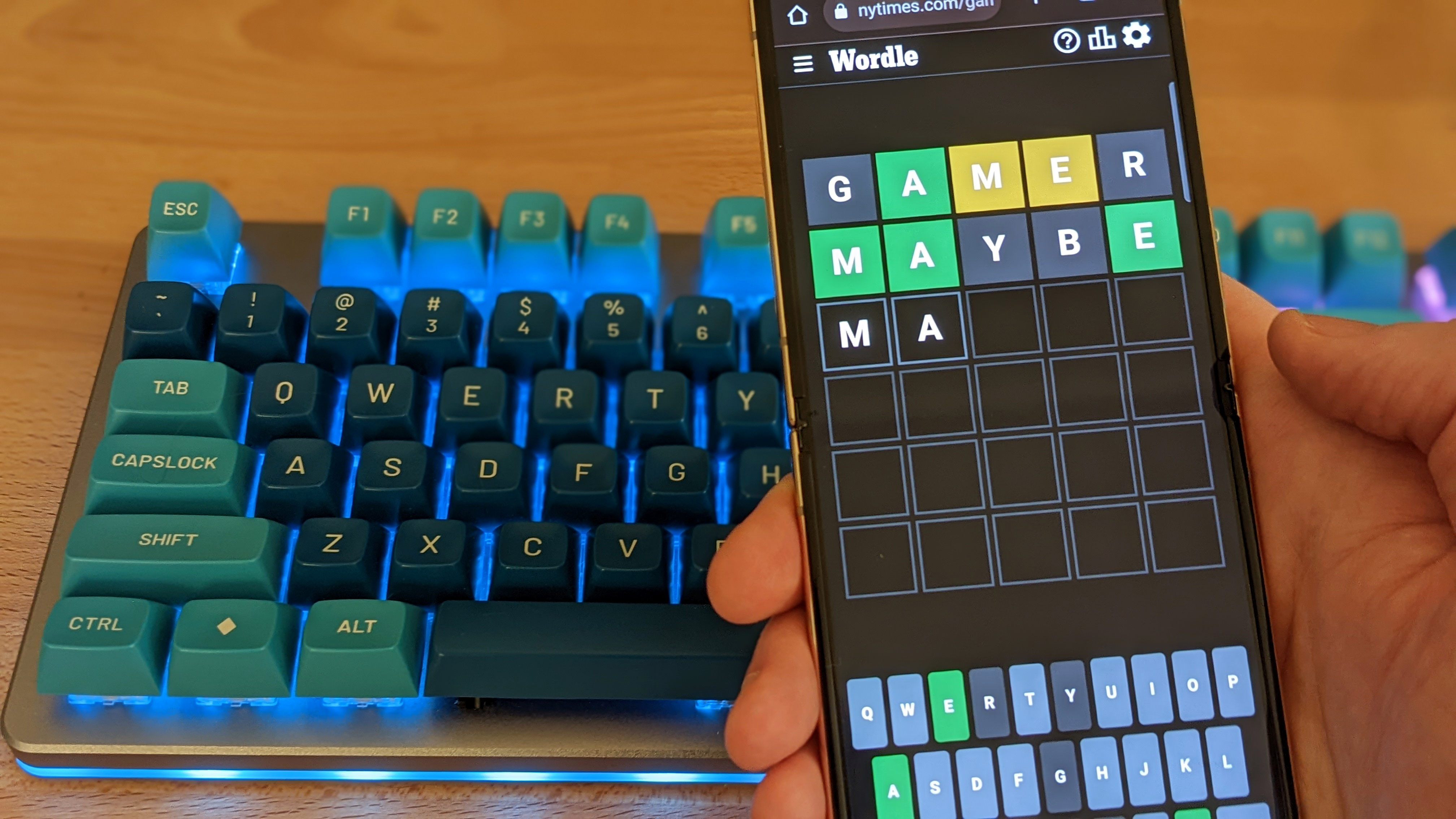
But with its coffers overflowing, will Nvidia care?
Legal cases against gigantic companies are kind of the trope of the decade in the tech sphere. Especially since the rise of AI, companies have been paying out left, right, and centre. And given Nvidia’s spearheading the AI datacentre market by a whopping margin, it’s no surprise that the company’s joined the fold of others having big legal cases levied against them.
Now, a decision over whether to allow one of the most recent and prominent cases against Nvidia to proceed has been “sidestepped” by the US Supreme Court, according to Reuters. In other words, the Supreme Court has allowed the lawsuit to proceed, dismissing Nvidia’s appeal against it.
The lawsuit in question is a class action from 2018 that claims Nvidia misled investors by downplaying its revenue’s dependence on the crypto market, which the plaintiffs claim breaks the 1934 Securities Exchange Act.
This lawsuit was dismissed by a federal judge but later resuscitated by the 9th Circuit Court of Appeals. It’s this resuscitation that Nvidia was appealing against to the Supreme Court. Nvidia’s argument was that there wasn’t enough to bring the lawsuit forward in the first place given the 1995 Private Securities Litigation Reform Act.
Just last month, upon hearing Nvidia’s case, Liberal Justice Ketanji Brown Jackson said: “I guess my concern is that you appear to be requiring for plaintiffs to actually have the evidence in order to plead their case.” In other words: the strength of evidence should be decided during the case, not prior to it as Nvidia seems to be requesting.
Now, the Supreme Court has thrown Nvidia’s appeal out and allowed the lawsuit to continue, although it hasn’t given a reason why—it simply dismissed it.
Nvidia’s already paid out $5.5 million to the Securities and Exchange Commission for very similar reasons surrounding crypto dependence disclosures. Now, it looks like some investors (or previous investors) will be able to push ahead with a case that seeks to be renumerated for the same.
This Supreme Court dismissal of course doesn’t mean that Nvidia will have to pay out—that’s for the courts to decide. It just means the courts will decide it now that the Supreme Court’s decided to allow them to do so.
With Nvidia rolling in the amount of dosh it’s bringing in, somehow I wonder whether it will make any difference, whatever the settlement requested and whether it succeeds or not. That seems to be a theme for massive tech companies, of late: legal losses often amount to no more than taking a small piece of candy out of one very large basket.
Best CPU for gaming: Top chips from Intel and AMD.
Best gaming motherboard: The right boards.
Best graphics card: Your perfect pixel-pusher awaits.
Best SSD for gaming: Get into the game first.






